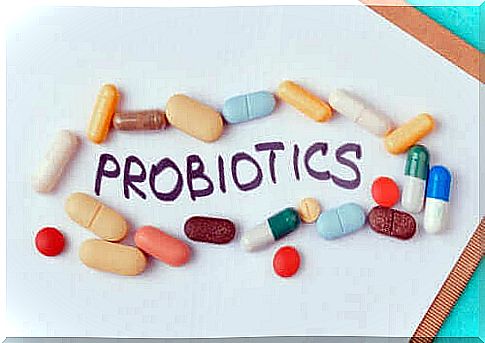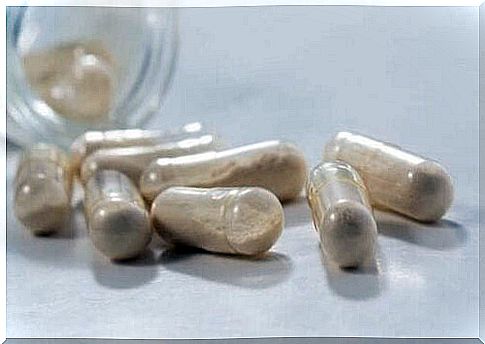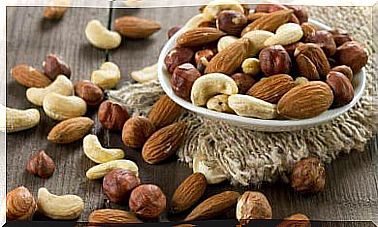Probiotics As A Supplement: When Are They Needed?

Probiotics are living microorganisms that, when ingested in appropriate amounts, have a number of health benefits. In general, anyone can enjoy foods or supplements containing probiotics, but certain populations benefit the most. For them, probiotics taken as a supplement can be a great way to maintain health.
Continue reading the article to hear more about them!
Probiotics as a supplement: useful information for everyone
As mentioned above, probiotics are bacteria that offer many health benefits. There are e.g. in these dishes:
- Yogurt
- Kefir
- Buttermilk
- Sauerkraut, kimchi (Korean food)
- Pickles
- Kombucha tea
- Tempeh (Indonesian soy food)
They are therefore obtained from some acidic or fermented foods due to their method of preparation. However, as studies have shown, these bacteria do not always reach the colon because digestion is a long process and the gut is so long. In fact, we should eat probiotic foods very often and in fairly large amounts to really benefit us. But probiotics taken as a supplement in capsule form can go further into the colon and so can offer significantly more benefits.

When and who should take probiotics as a supplement
Today, experts know that probiotics not only improve a patient’s symptoms and ability to function, but they can also help people stay healthy or prevent some diseases.
Certain groups of people benefit from probiotics even more than others. For example, people on or just stopping antibiotics can really benefit from them. Antibiotics kill both bad and good pathogens (vaginal bacterial strain, intestinal bacterial strain, etc.), and probiotics help replace lost good bacteria. Therefore, after a course of antibiotics, you should take probiotics for at least one month.
The main evidence for the efficacy of probiotics has been found in the treatment of acute, contagious diarrhea, especially in children. Other groups of people can also benefit from them, such as those with intestinal dysbiosis, i.e. an imbalance of the intestinal microbiota. This usually occurs in people who have the following conditions or diseases:
- Overweight or obesity
- Type 1 and 2 diabetes mellitus
- Metabolic syndrome
- Systemic lupus erythematosus (SLE)
- Rheumatoid arthritis
- Bacterial overgrowth
- Inflammatory bowel disease
- Irritable Bowel Syndrome
- Celiac disease
Probiotics as a supplement are also beneficial for the elderly. This is because as we age, the diversity of the body’s microbes and the presence of beneficial microorganisms decreases. Experts are investigating their use in other diseases as well, such as asthma, atopic dermatitis, neurological disorders, depression, anxiety, cancer and oral diseases.
As we have already mentioned, ingesting probiotics is considered safe for most people. However, in people with a weakened immune response for one reason or another, they can trigger inflammation. They should not take probiotics as a supplement without a doctor’s prescription and supervision.

The best probiotic supplements
In order for probiotics taken as a supplement to work as they should, they must withstand the conditions of the digestive tract and, for example, the antimicrobial effect of saliva, stomach acids and bile and pancreatic secretions. We must also take into account that the composition of certain secretions, the time of gastric emptying and the rate of intestinal function may vary depending on a person’s age and state of health.
Your doctor may prescribe specific probiotics for each patient specifically, depending on their personal situation, but in general, the more different strains the probiotic supplements contain, the better. In other words, such supplements are the best options.
How to take them
Never take probiotic supplements with highly acidic foods (such as citrus fruits, tomatoes, or vinegar) or hot beverages (such as tea, coffee, broths, or soups) as they inhibit the action of probiotics.
The best way to take them is in the morning on an empty stomach with warm water. At that time, both the pH of the stomach and its low level of hydrochloric acid contribute to the longer survival of the bacteria. Once the probiotics have been taken on an empty stomach, it is advisable to wait 10 to 15 minutes before eating breakfast. If you are on a course of antibiotics, take a probiotic supplement at least three hours after antibiotics.
Finally, we want to remind you that if you are planning to take probiotics as a supplement, you are on a course of antibiotics, or you have a condition that could be improved by taking them, it is always best to talk to a healthcare professional to find out which supplement is best for you.









